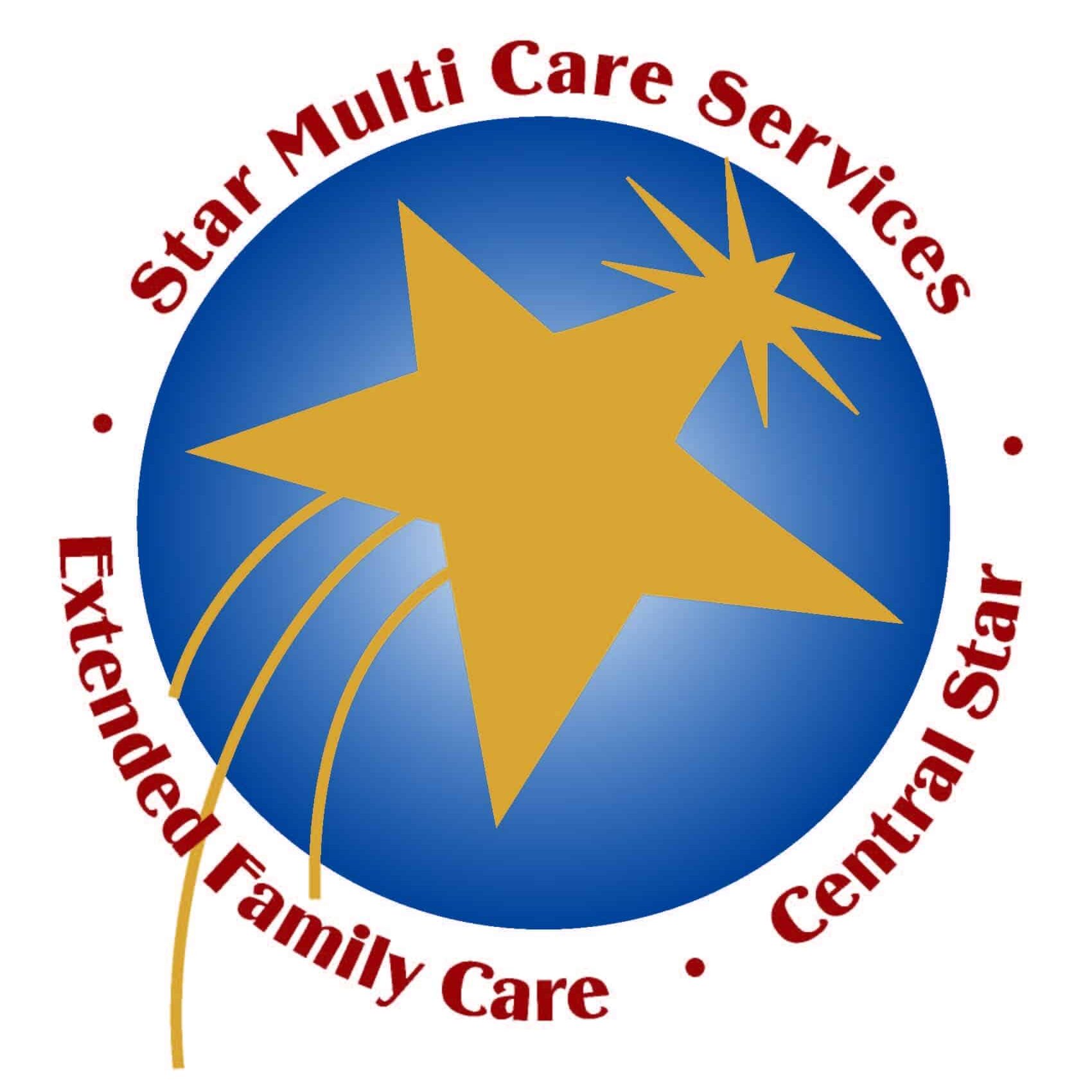Caregiver in Plainview NY
September is National Preparedness Month. As a family caregiver this is the time for you to ensure that your aging parent is properly prepared for the weather emergencies and other disasters that
When it comes to preparedness, one of the most important things to keep in mind is that your parent is not just at risk during the acute emergency. It is not as though the moment that the storm ends or the earthquake stops, they are immediately no longer in danger and can go ahead with their lives as if nothing happened. Instead, some of the most pressing dangers actually occur after the storm itself has largely stopped. Understanding the important safety considerations for after a disaster can make a tremendous difference in your parent’s ability to stay safe and healthy throughout and after the emergency or disaster event.
Some of the important safety consideration for after a disaster include:
- Be aware of road conditions. Before you attempt to travel anywhere after an emergency situation, make sure that you are well aware of any dangerous road conditions that have developed in your path. You might find that roads that were accessible when you went to the shelter or during the last event are washed out and no longer usable. Even a few inches of water can be disastrous for a vehicle and in some situations can sweep your vehicle around.
- Do not enter any potentially contaminated buildings. If your parent has reason to believe that a building, including their home, has been contaminated, do not allow them to enter it. They should get in touch with emergency authorities immediately to alert them of the contamination so that they can check the situation and let your parent know if they are able to enter the building safely.
- Do not enter any potentially contaminated water. Any water that is around your parent’s home might be dangerously contaminated. This counts for both water that is standing and moving. Your parent should not get near any water that has been left by a storm or that has resulted from flooding. This water could contain all kinds of contamination including chemicals, oil, pesticides, and even dangerous items such as metal, glass, and branches. Your parent should also not use or consume anything that has come into contact with this potentially contaminated water. Even food or medications that are in sealed containers should not be consumed if they have been submerged in water after a storm.
- Alert authorities to any dangers. If you or your aging parent notices anything potentially dangerous after the storm, such as downed power lines, chemical spills, standing water, or damaged buildings, they should alert the authorities. This can ensure that the proper organizations and authorities make arrangements to resolve these issues and put measures into place to protect public health and safety until this resolution.
If you or an aging loved one are in need of caregiver services in Plainview, NY or the surrounding areas, contact the caring professionals at Star Multi Care Services today at (631)956-8835. We are the Right Choice for Home Health Care Services!
https://www.ready.gov/health-safety-guidelines
- Help Your Senior Welcome Back the Birds of Spring - March 26, 2025
- Honoring Our Team: Birthdays, Anniversaries, and New Additions! - March 25, 2025
- Recognition of Employees for March - March 21, 2025

